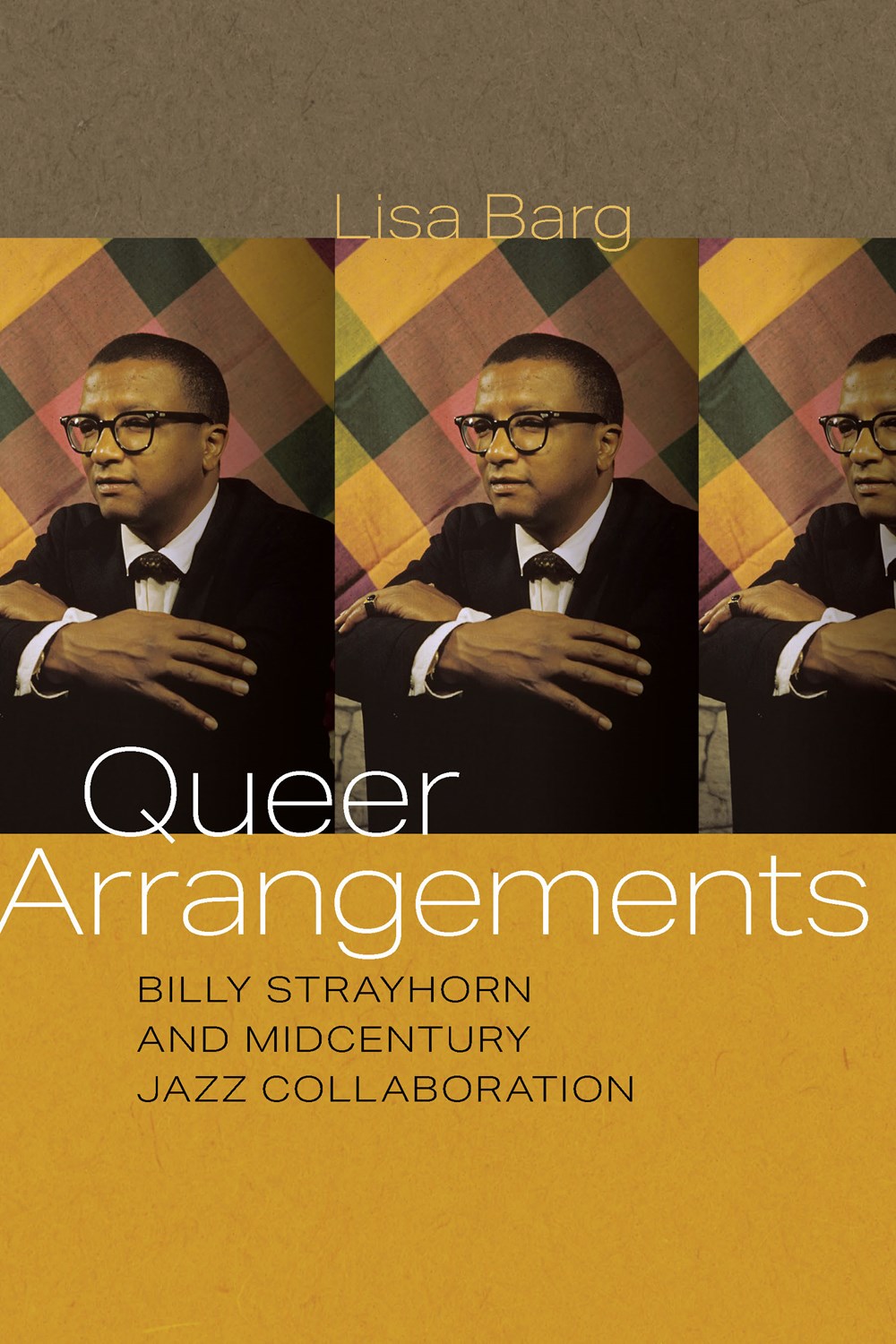2018 School Spending Survey Report
Queer Arrangements: Billy Strayhorn and Midcentury Jazz Collaboration
COPY ISBN
VERDICT A thought-provoking book best suited to students of musicology or queer studies.
RELATED
ALREADY A SUBSCRIBER? LOG IN
We are currently offering this content for free. Sign up now to activate your personal profile, where you can save articles for future viewing




Comment Policy:
Comment should not be empty !!!